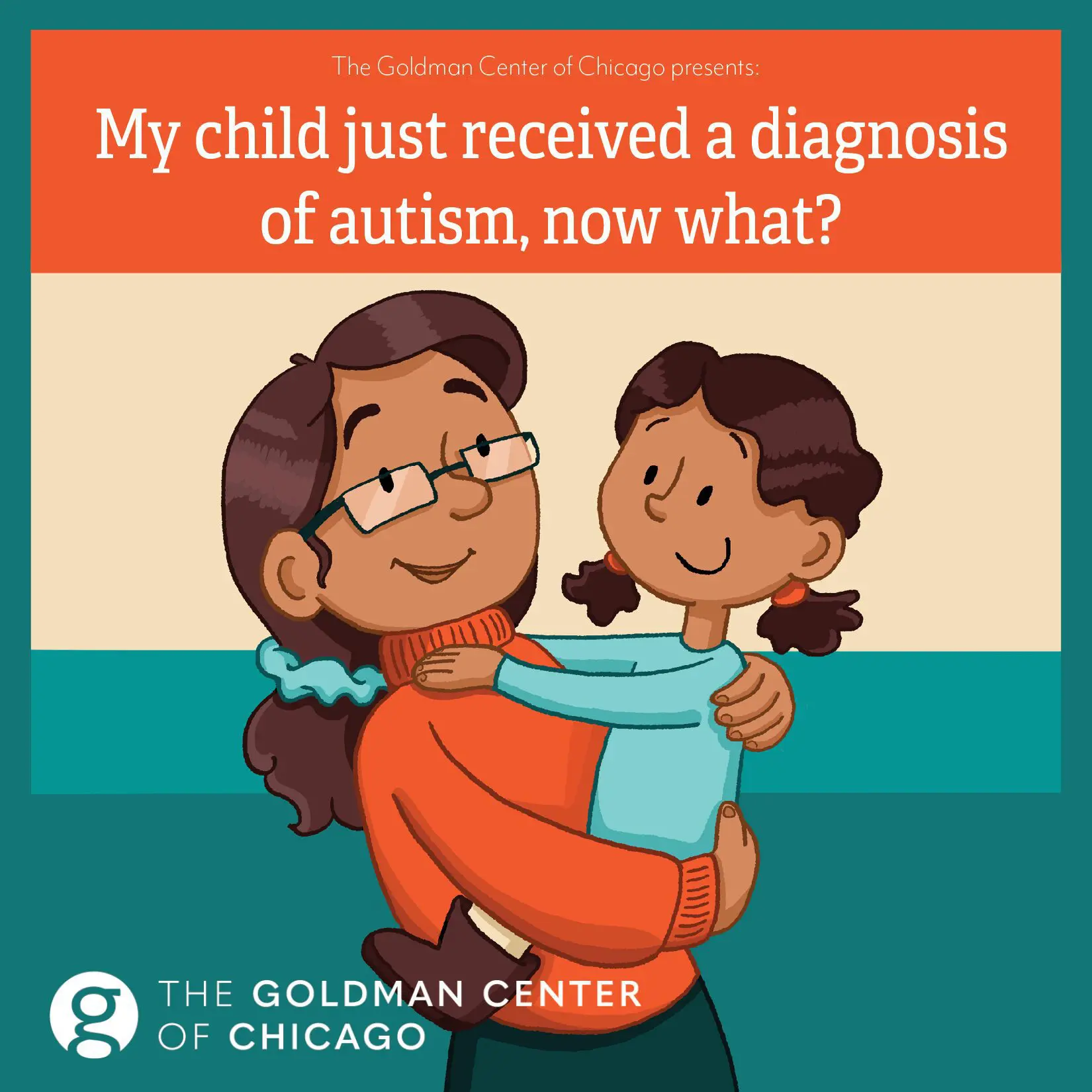Receiving an autism diagnosis for your child can be an emotional and overwhelming moment for any parent. Whether the diagnosis was expected or came as a surprise, it’s common to feel uncertain about what the next steps should be. Navigating life after an autism diagnosis means finding the right support, resources, and information to empower both you and your child. The good news is that many tools, therapies, and strategies can help your child thrive and live a fulfilling life.
In this guide, we’ll walk you through what to do after receiving an autism diagnosis, key support systems to explore, and how to help your child succeed while maintaining your own well-being.
1. Understand the Diagnosis
After hearing the words “autism spectrum disorder” (ASD), your mind may be swirling with questions. It’s important to understand what autism is and how it can manifest differently in each child. Autism is a developmental condition that affects how a person communicates, interacts socially, and processes information. The term “spectrum” means that every child with autism has their own unique strengths and challenges.
Key Points to Remember:
- Autism is a spectrum: Some children may have mild symptoms, while others may require more support.
- Early intervention matters: Studies show that early interventions can have a profound impact on a child’s development.
- You are not alone: Autism is more common than you might think, and there is a large community of professionals and parents who can offer support.
2. Build a Team of Professionals
One of the first steps after receiving an autism diagnosis is building a strong support team for your child. This typically includes medical professionals, therapists, educators, and specialists who can guide your family through every stage of development.
Key Professionals to Consult:
- Developmental Pediatricians: These doctors specialize in diagnosing and treating children with developmental and behavioral differences, like autism.
- Speech-Language Pathologists: Many children with autism benefit from speech therapy to help improve communication skills.
- Occupational Therapists: Occupational therapy helps children develop fine motor skills and improve daily living activities.
- Applied Behavior Analysis (ABA) Therapists: ABA therapy is often recommended for children with autism to help improve social skills and manage challenging behaviors.
- Psychologists and Social Workers: Mental health professionals can provide counseling and support for both the child and the family.
By working closely with these professionals, you can develop a comprehensive plan tailored to your child’s unique needs.
3. Learn About Available Therapies
After a diagnosis, your child may be eligible for a variety of therapeutic services designed to help them reach their full potential. It’s essential to understand the different types of therapies available and how they may benefit your child.
Common Therapies for Children with Autism:
- Applied Behavior Analysis (ABA): ABA focuses on reinforcing positive behaviors and reducing behaviors that may interfere with learning.
- Speech Therapy: Speech therapists work on communication challenges, including understanding and using language.
- Occupational Therapy (OT): OT addresses sensory processing, motor skills, and helping children navigate everyday tasks more easily.
- Social Skills Groups: These group sessions are designed to help children with autism develop social interactions in a structured environment.
As you explore options, be sure to ask your healthcare provider which therapies are most appropriate for your child’s specific strengths and challenges.
4. Advocate for Your Child’s Education
Educational support plays a crucial role in the development of children with autism. Many children with autism are eligible for special education services, such as an Individualized Education Program (IEP) or a 504 Plan, which provide accommodations to help them succeed in school.
Steps to Take:
- Request an IEP evaluation: If your child qualifies, an IEP can provide tailored educational goals, accommodations, and support.
- Meet with school staff: Teachers, school psychologists, and special education coordinators will work with you to determine the best approach for your child.
- Communicate regularly: Building a strong relationship with your child’s teachers and school staff ensures that everyone is on the same page and working toward the same goals.
5. Find Local Resources and Support Groups
As a parent, connecting with other families and caregivers who are on the same journey can provide comfort, encouragement, and practical advice. Support groups, both online and in person, offer a space to share experiences, ask questions, and learn from others who have faced similar challenges.
Where to Find Support:
- Local autism organizations: Many cities have organizations dedicated to supporting families affected by autism.
- Online communities: Websites, social media groups, and forums can provide a wealth of information and support, especially for parents new to the autism journey.
- Workshops and events: Attend workshops, conferences, or webinars to learn more about autism and the latest research, therapies, and strategies for parenting a child with autism.
6. Practice Self-Care
Caring for a child with autism can be demanding, and it’s easy for parents to become overwhelmed. While your child’s needs are your top priority, don’t forget to take care of yourself, too. Managing your own physical and emotional well-being will help you be the best advocate for your child.
Self-Care Tips:
- Take breaks: Schedule time for yourself, whether it’s a few minutes each day or a weekend getaway.
- Seek professional help if needed: If you’re feeling stressed or overwhelmed, consider seeing a therapist or counselor.
- Lean on your support network: Don’t hesitate to ask for help from family, friends, or community members when you need it.
7. Plan for the Future
Autism is a lifelong condition, and planning for the future is important. As your child grows, their needs will change. Developing long-term goals and preparing for transitions, such as from childhood to adolescence or from school to adulthood, will help you feel more confident about the future.
Things to Consider:
- Ongoing therapy and support: Your child may need continued therapy and educational services as they grow older.
- Legal and financial planning: Consider consulting a lawyer or financial planner who specializes in special needs planning to help you prepare for your child’s long-term care.
- Future living arrangements: Some families explore options for independent living or supportive housing for when their child reaches adulthood.
Conclusion: You Are Your Child’s Greatest Advocate
As a parent, your role as an advocate for your child is crucial. Whether it’s finding the right therapies, advocating in school, or simply being there to support your child’s emotional needs, you are the foundation of their success. Remember, an autism diagnosis is just the beginning of your child’s journey, not the end. With the right resources, support, and love, your child can thrive, and you will become a stronger and more resilient family in the process.
If you’re ready to learn more or need help navigating the world of autism services, The Goldman Center of Chicago is here to support you. Reach out today to schedule a consultation and discover how we can help your child on their journey to success.






